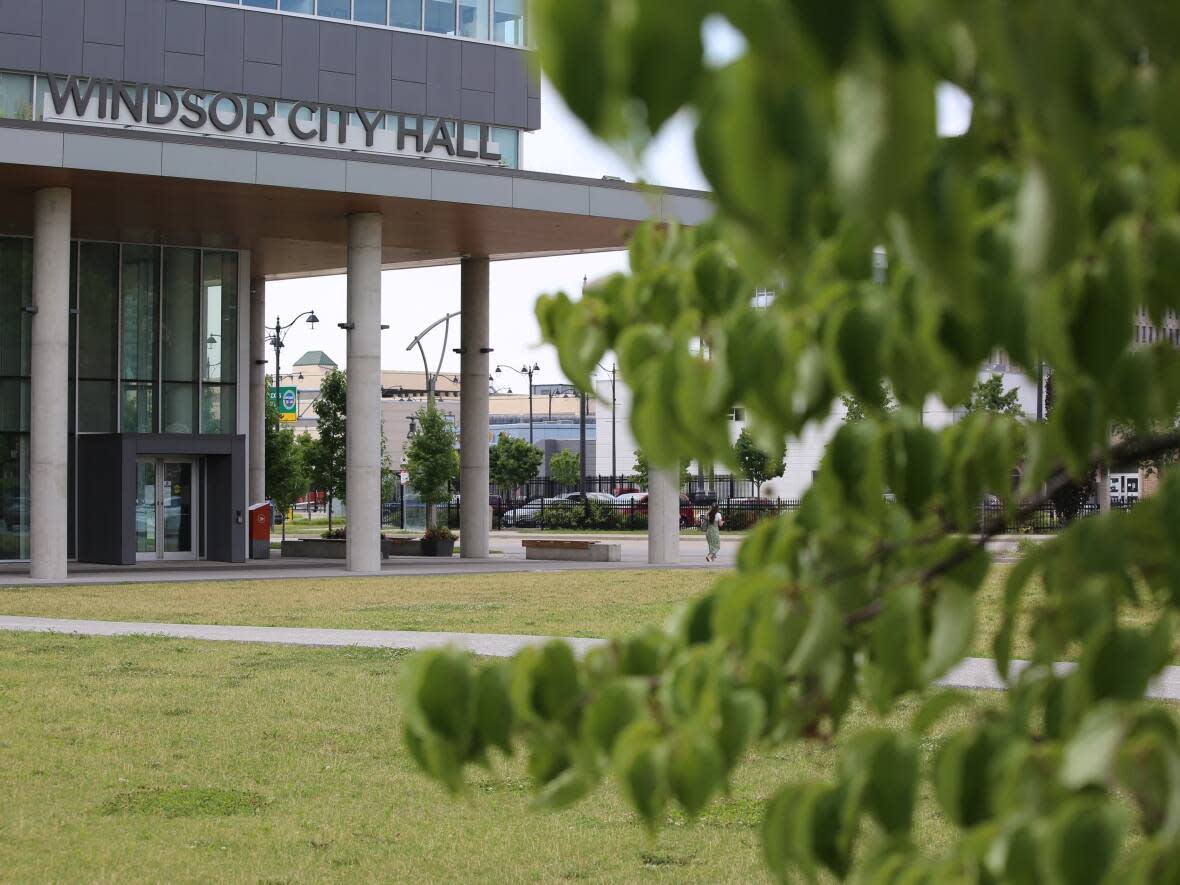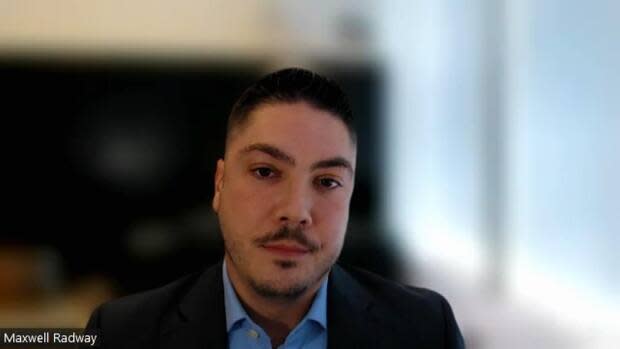Former City of Windsor employees launch legal action over COVID-19 vaccine mandate

Twenty former City of Windsor employees who were fired for not complying with its COVID-19 vaccine mandate are launching legal action against the city.
Toronto lawyer Courtney Betty, who is representing the group, stressed that the lawsuit is not anti-COVID-19 vaccine.
"My position is the City of Windsor, based on the Municipal Act and the Constitution Act, are bound by the provincial mandate and guidelines, which right now state that vaccination is not a condition of employment," he said.
"It's strictly a constitutional argument, not anything more than that."
A statement of claim filed against the city, which was posted online by the group Protecting Ontario Workers' Employment Rights (POWER) earlier this month, redacts the names of those that are part of the suit.
But it says the group includes firefighters, a refuse collector, an analyst programmer, early childhood education workers, a personal computer analyst, data analysts, a city forester and manager of forestry and natural areas, a recreational clerk, clerk, operating engineer, multiple Enwin employees and a Huron Lodge employee.
They were put on unpaid leave in November 2021 and terminations started in January, according to the group.
"The city carried out these illegal actions outside of the mandates and guidance of the Province of Ontario and without due process. The result is destruction of the lives of many of the plaintiffs who were discarded without any means of meeting their basic needs," POWER said in a media release earlier this month.
As of January, 104 city employees were fired over their refusal to get vaccinated or disclose their status. In a media release issued Jan. 5, the city said it would send 43 full-time staff and 61 temporary part-time staff letters of termination, and would fill their jobs.
The statement of claim stated one first responder lost his family and marriage after being fired, along with others losing family and property after their dismissal.
"People have lost their homes. Four marriages have been broken down. People are living out of campers," Betty said.
The legal proceedings will take place in Toronto, according to the group.

In an email to CBC News Thursday morning, the City of Windsor said it doesn't comment on legal issues that are in progress, but that "any action taken against the city would be thoroughly reviewed with the residents of Windsor's best interest at the forefront of any decision."
Maxwell Radway, partner at Levitt Sheikh, LLP in Toronto said that a case like this is not unique, that although the group has put forward lots of valid arguments, it is unlikely they will succeed.
"It is very difficult, looking at the context of the pandemic, to argue that vaccine mandates are a breach the Charter [of Rights and Freedoms]," said Radway. "When you think about how many lives have been affected by the pandemic, and that these policies are to prevent further lives being lost or further illness."
"My inclination is that the City is quite likely to be successful." - Maxwell Radway, partner at Levitt Sheikh, LLP
The region's acting medical officer of health, who was asked about the lawsuit at a media briefing on Thursday, said he thinks the mandate was fair.
"As a public health policy matter, some people's jobs and public service are so important that we can't have individuals or a group of them get sick," said Dr. Shanker Nesathurai.
"And in that particular case, the public, or public policy, has to weigh the rights of the individual or the preference of the individual versus the collective benefit of keeping a vital service running."
In an emailed statement to CBC News, the Ministry of Health said that proof of vaccination requirements were always intended to be temporary, and that "organizations may choose to implement their own vaccination policies or requirements; however, they must follow any applicable human rights, privacy, or other laws, and may wish to obtain independent legal advice that may be applicable in their specific circumstances."


